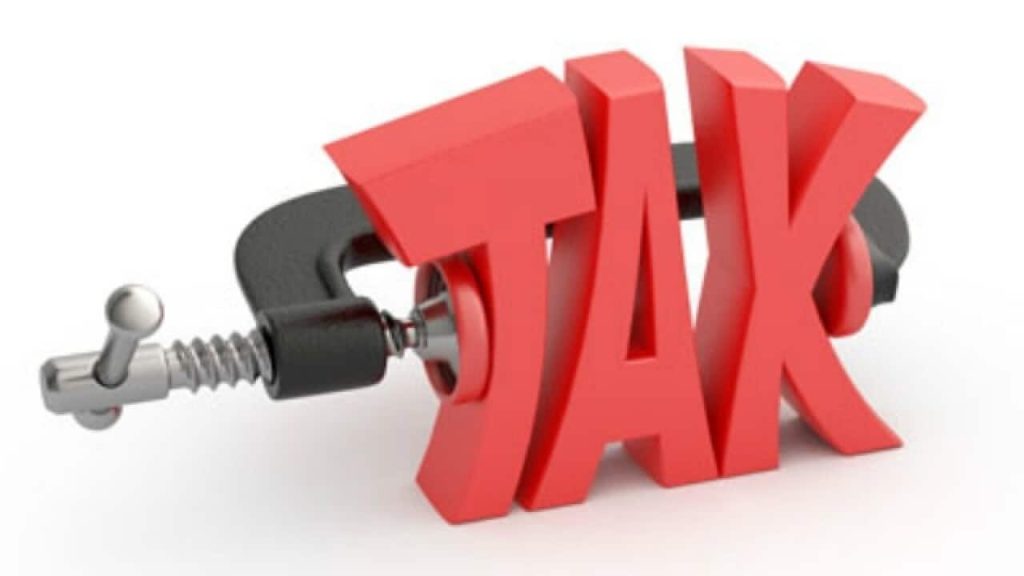Income Tax Exemptions for Political Parties – Political groups in India are regulated by the Representation of the People’s Act, 1951 (RPA). Any alliance of Indian people or body of individual citizens of India calling itself to be a political group must submit an appeal to the Election Commission to enrol as a political party under Section 29A in order to participate in the election process and to apply for many other regulations of the RPA. RPA as well enables political parties to obtain voluntary donations from everyone, including corporate companies (but just not government companies) and also to exclude donations from foreign sources, like foreign citizens, foreign companies, foreign corporations and foreign trusts.
Do political parties have to pay tax?
Political parties are prohibited from getting any action of commercial interest and thus from making a profit. This will not imply that the political party has no revenue at all. As has already been discussed, political parties are obliged to receive voluntary donations underneath the RPA. In addition, political parties could also own real property or deposits that could have earned some earnings. Political parties could have income from the sale of coupons, membership fees collected, and much more.

What is Section 13A?
The political party to benefit from the tax exemption given for in Section 13A must comply with the mentioned circumstances.
- To be registered in accordance with Section 29A of the RPA.
- To keep the books of accounts as well as other documents in such a way as to allow the Assessing Officer to deduct his income – it may well be indicated that perhaps the Political Party does not require to keep all the accounting records as set out in Section 44AA. It is adequate if the Political Party just retains such books to allow AO to obtain its income.
- Keep data of each donation of more than Rs 20,000, along with the name and address of the individual attempting to make the contribution, unless the donation is created from an electoral bond.
- To really get his financial records audited by a CA.
- No contribution over Rs 2,000 has been received other than by way of check/demand receipt or ECS bank account or election bond.
- Treasurer of the political group person authorized by the political group in that name has submitted a report of donations received in an abundance of Rs 20,000 to the Indian Election Commission for the FY on or before the deadline for the return of income for that FY under Section 29C of the RPA.
Although the condition of no tax relief for failure to provide such a report is set out in Section 13A, it may well be mentioned that Section 29C of RPA itself removes tax relief from the political party if it continues to fail to provide such a report.
Should political party furnish return of income? If yes, who is the authorised signatory?
Yes, although the political party does have a 100 per cent exemption from given income, no allowance is made for the return of income. Any political party as defined in Section 13A is needed to provide a return of income in accordance with Section 139(4B) if its income reached the upper amount not payable for tax purposes. (limit is computed before taking into consideration Section 13A exemption). The tax slab applicable to political groups shall be the same that applies to a normal resident individual.
It is the obligation of the CEO of the political party to file an income tax returns and also to sign and confirm the return of income.
Is there any tax exemption for donors?
Corporate donors are able to qualify for exemption from their donation to political parties under Section 80GGB or any other individual (with the exception of local authorities as well as any artificial legal person entirely or partially financed by the Government) may apply for exemption under Section 80GGC if such impact is created by way of cash.
For more helpful resource – Read Income Tax Blog



